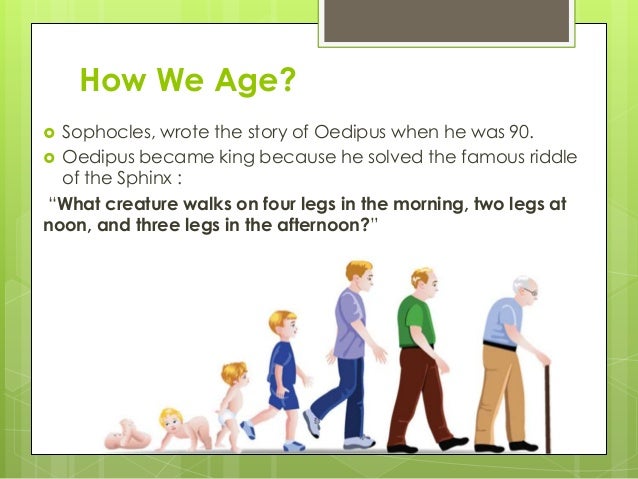

We often focus on the physical health of people as they age, and we assume that psychological well-being follows this trend.

Successful aging can start in childhood, as people develop habits and work ethics and learn to exercise and eat well. However, people can alter this state and have the most control over the behavioral aspects of aging - how we eat, exercise, think, and interact with others - behaviors that have a strong impact on our biological health. Health is viewed as a biological state, and “good or bad” aging as the outcome of our medical or physiological state. In Western culture we tend to “medicalize” aging, looking for the hidden secrets of health and longevity, ideally in a pill or bottle. Calment reportedly remained mentally sharp until she died in 1997, at age 122, saying, “I’m interested in everything but passionate about nothing.” She outlived both her daughter and her grandson by several decades. She also stated that being calm allowed her to age well (“that’s why they call me Calment,” she said). What about Jeanne Louis Calment, from France, who was born in 1875 and has the longest confirmed human lifespan on record, living to the age of 122? She said her longevity could be attributed to a diet rich in olive oil, but also to drinking port wine and eating large amounts of chocolate (not to mention smoking a few cigarettes a day since she was 20). The Oldest Person in the World and Successful Aging However, simply making money and living well in old age is only one way to conceptualize successful aging. He says that reading is something many people can do at almost any point in their lives, and especially later in life, but that people rarely do enough of it.īuffett has no plans to retire and he loves his work - he’s clearly successful professionally and apparently very happy. Buffett credits his own success to reading voraciously he typically spends 80% of his day reading. Of course, Buffett’s eating and drinking habits may not be the path to successful aging, but he has identified one key to his success. Is he then a model of successful aging? What are the secrets to successful aging for Warren Buffett? He is an avid Coca-Cola drinker (he reportedly drinks five cans a day), noting, “I’m about one-quarter Coca-Cola” and that he had seen no evidence that switching to “water and broccoli” would make it easier for him to make it to age 100. After all, he is a billionaire philanthropist, and he is now 86. Many people consider Warren Buffett to be very successful professionally. Thus, successful aging is often something we simply “know it when we see it.” Researchers have offered over 80 unique and different operational definitions of successful aging, with some estimating that only 1% of people achieve successful aging, while others estimate that close to 90% of people can achieve it.ĭespite these discrepancies, most people can easily identify someone who exemplifies successful aging, without subjecting that person to medical testing or any psychological evaluation. It is even unclear whether aging is a process or an outcome. Today, an exact definition of successful aging is an open debate.


 0 kommentar(er)
0 kommentar(er)
